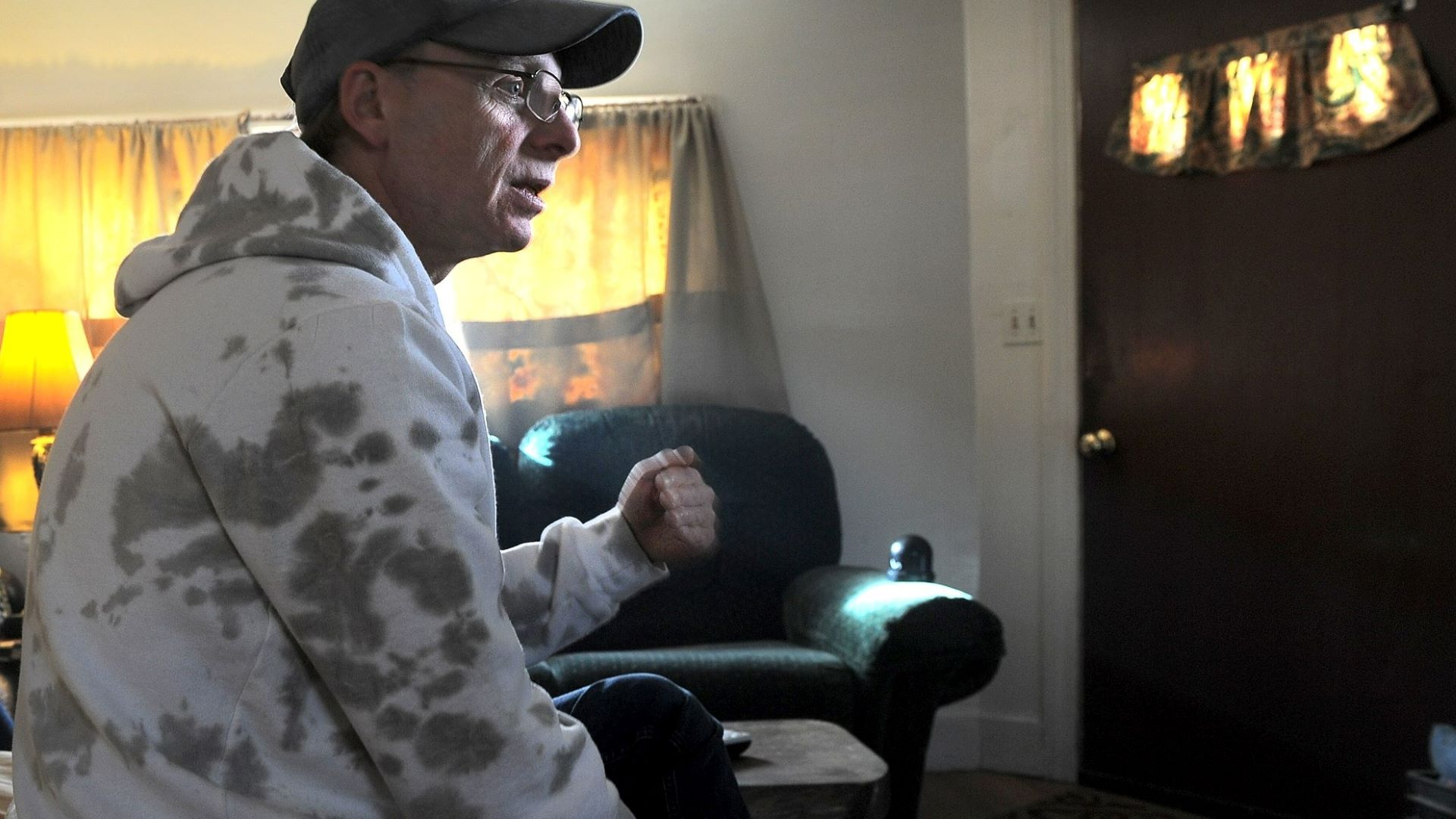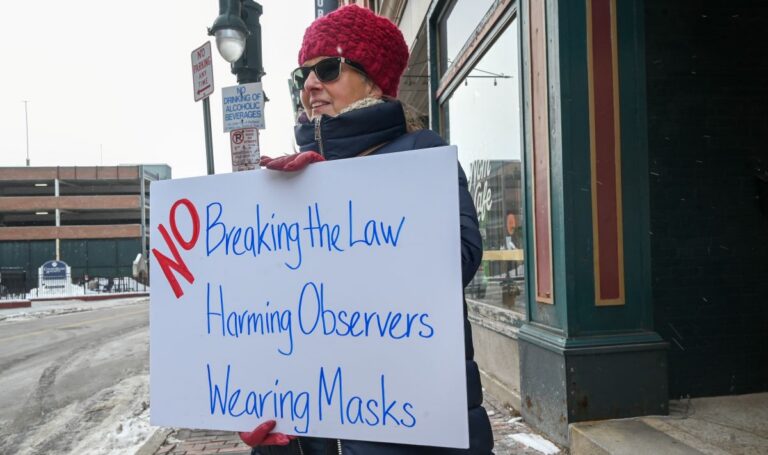A man recorded more than 70 times while having confidential conversations with his attorneys at a Maine county jail will not get a new trial.
Steven Clarke, who was featured in a recent Maine Monitor investigation, will not have his plea deal set aside. For five years, Clarke has fought in court to receive a new trial, because he did not understand that by accepting a plea deal that he would not get to challenge whether the state’s case against him should be thrown out because calls he made to his attorneys were recorded by the Somerset County Jail and shared with prosecutors.
Justice William Stokes denied Clarke’s request for a new trial in a ruling issued on March 1.
At a hearing on Dec. 20, a state prosecutor used letters between Clarke and his attorneys as evidence that Clarke was informed that he had little chance of getting the charges dismissed and was advised to take a plea deal, which he did in May 2016. Stokes ruled Clarke knew he would not get a hearing on the recordings after taking the deal.
RELATED: One man fights to undo plea deal due to jail recording of attorney calls
“Mr. Clarke’s testimony to the contrary is simply not credible,” Stokes wrote in his decision. “At the time of his Alford guilty pleas, Mr. Clarke was a knowledgeable and sophisticated participant in the criminal justice process and his individual cases.”
Clarke has only a partial high school education. He dropped out of high school two weeks into his sophomore year and earned a GED while serving a sentence in state prison in 1988, he said. He has no formal legal education.
“He felt that because the attorneys had explained things to me in writing that I understood it,” said Clarke, who maintains that he didn’t understand he was giving up the chance to challenge the recorded calls’ effect on his case.
Stokes noted the seriousness of the jail’s actions calling the recordings “illegal” at times in his ruling.
Clarke faced multiple criminal charges including burglary, domestic violence and other criminal charges. He accepted a plea deal from the Knox County District Attorney’s office to serve time in prison and on probation.
The court’s decision to deny him a new trial came with a mix of relief that he would not have to go to trial on all the criminal charges again and risk being sentenced to serve decades in prison and also hope that state laws may change now that the public knows his story, Clarke said.
A Maine Monitor investigation published this year found that county jails routinely recorded telephone calls jailed defendants made to their attorneys. Nearly 1,000 attorney calls were recorded by the Aroostook, Androscoggin, Franklin and Kennebec county jails between June 2019 and May 2020, data show. Some recordings were sent to police and prosecutors, who heard parts of those attorney-client conversations, The Maine Monitor reported.
Clarke and other men’s cases showed that the jails’ practice of recording attorney calls went back to at least 2014.
State lawmakers are considering a bill that would block investigators and prosecutors who receive privileged calls from continuing to take part in the prosecution and potentially penalize them with a $10,000 civil fine and felony charges if they listened to an attorney’s calls with a jailed client. The Maine Prosecutors Association and Maine Sheriffs Association oppose the bill.
“We’re in jail as a deterrent. We’re given sentences as a deterrent to curb the behavior that we’ve been conducting. We’re supposed to learn from that and we’re supposed to change. Well the same goes for them. If they’re doing something wrong then they need to correct it. And if they don’t, there needs to be a repercussion for it,” Clarke said.








